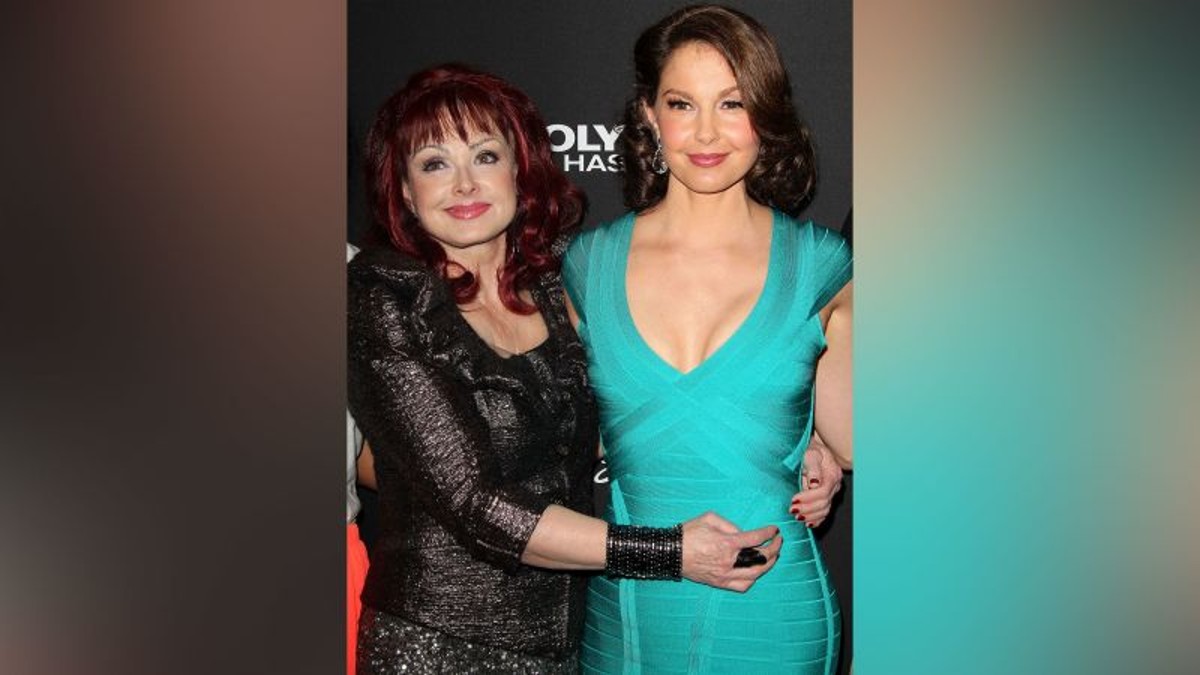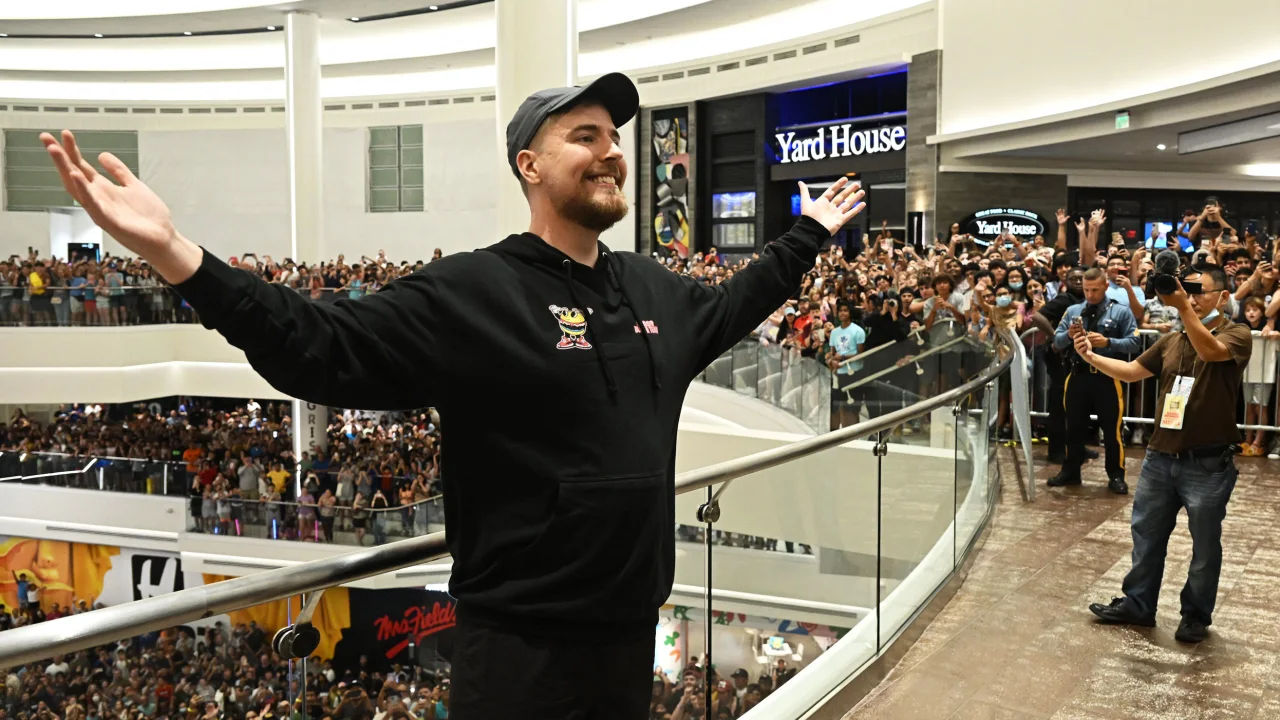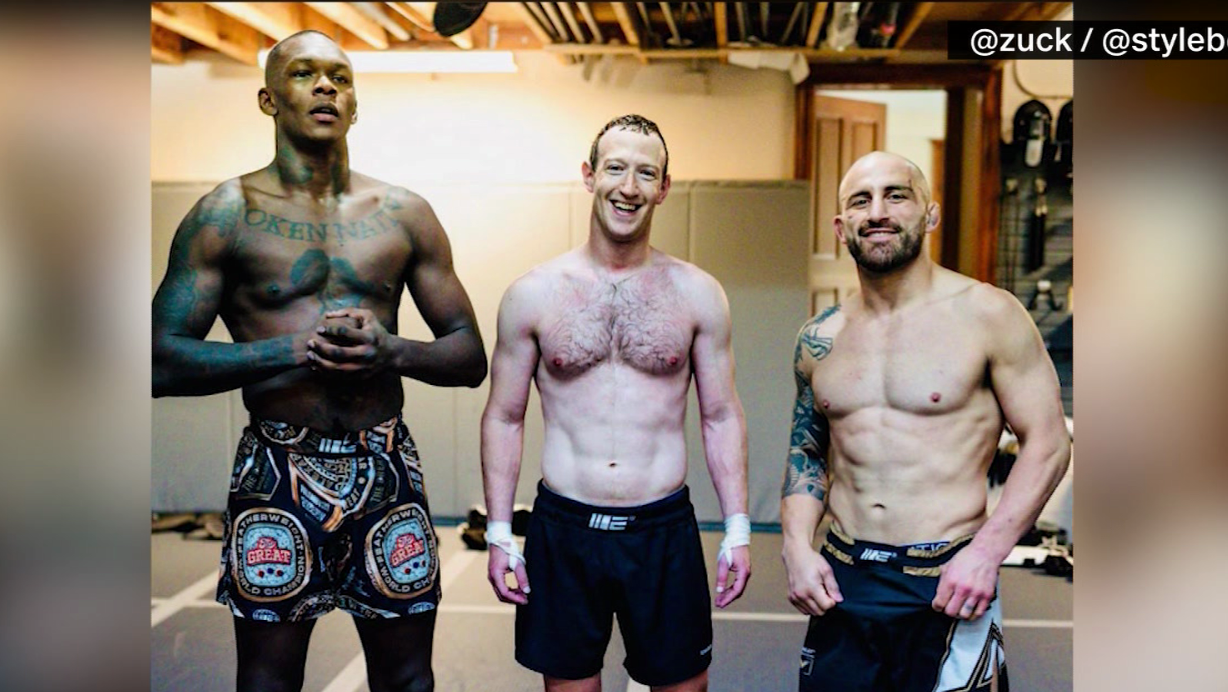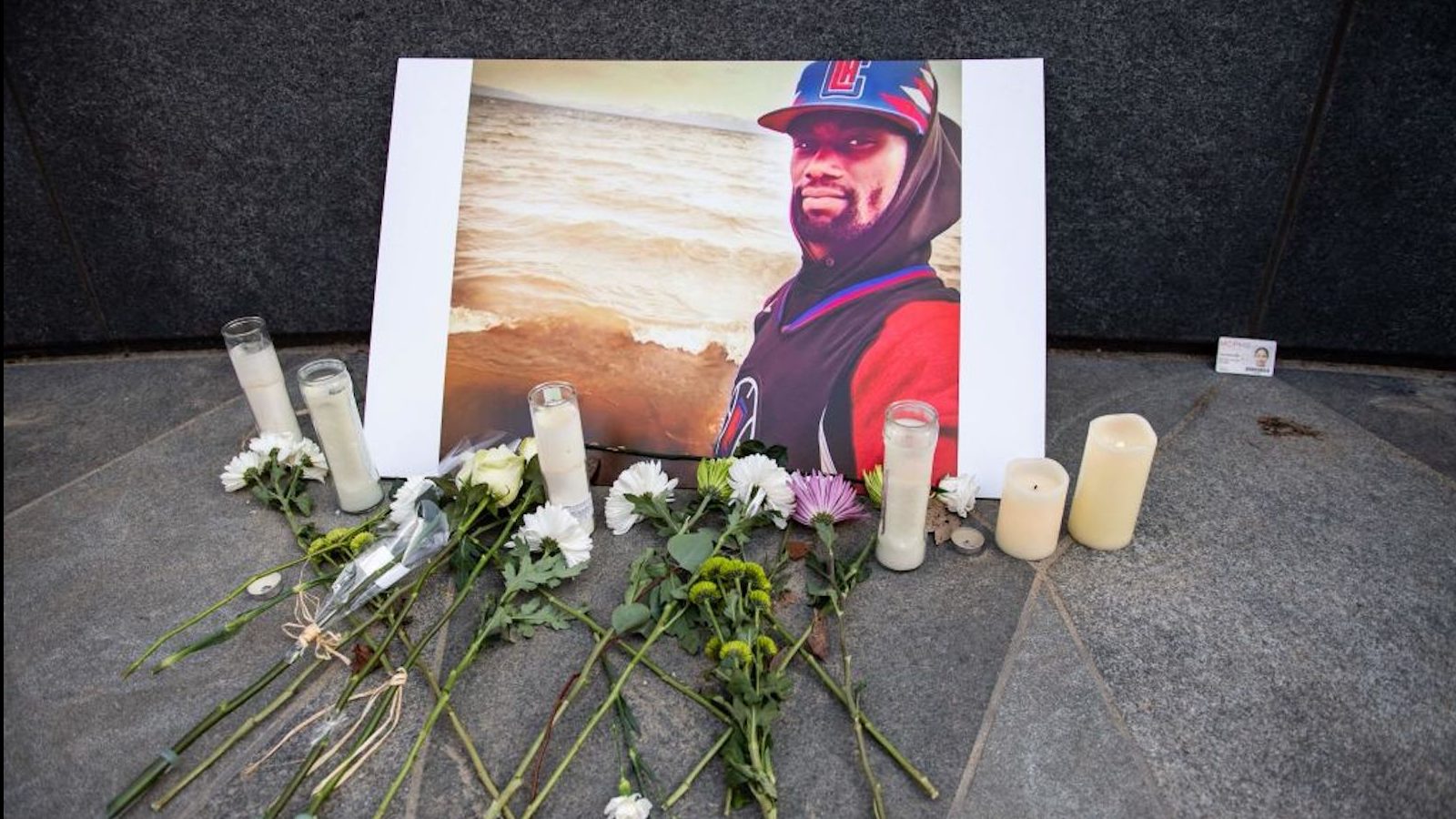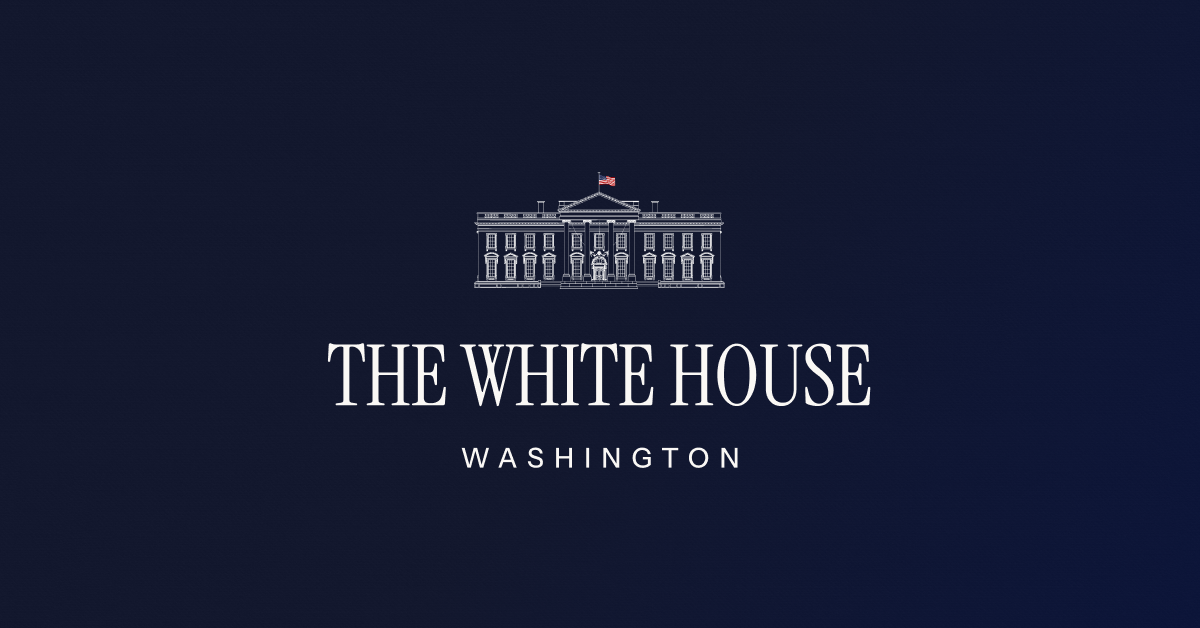(CNN) — Ashley Judd says she had to go back to her trauma therapy sessions to deal with the recent media coverage of her mother’s death.
Country music artist Naomi Judd, a five-time Grammy winner, committed suicide in April last year after a long battle with anxiety and depression. She was 76 years old.
In an interview with the newspaper The Guardian, published Monday, Judd said he thought he had finished his Eye Movement Desensitization and Reprocessing (EMDR) therapy — a type of psychotherapy used to target underlying trauma — until he had to reassess his trauma when the media published images of the scene of his mother’s death and the contents of a suicide note.
“I re-enrolled (in therapy)…just to make sure my healing process came together, was strong and stuck,” the “Double Jeopardy” actress said.
Following Naomi Judd’s death, her family unsuccessfully petitioned for the reports and recordings made by the police during the investigation to be sealed.
Last August, Judd — who found his mother after she self-inflicted a gunshot wound — spoke about his family’s experience at a trial for The New York Timestitled “Ashley Judd: The Right to Keep Private Pain Private” (“Ashley Judd: the right to keep suffering private”, in Spanish).
“The trauma of finding and then holding her dying body haunts me at night,” he wrote at the time. “While my family and I continue to mourn our loss, the rampant and cruel misinformation that has been spread about her death and our relationships with her haunts my days.”
Judd is now pushing for a change in Tennessee law to limit access to confidential records related to non-criminal deaths, to prevent other families from experiencing the same trauma.
“The dark past, in the hands of God, has become our greatest asset,” he said of his activism. “With it, we can avoid the misery and death of others.”
However, Deborah Fisher, executive director of the Tennessee Coalition for Open Government, told the Times Free Press in December that the bill would further affect the public’s right to obtain critical information related to police investigations “when police were investigating one of their own.”
Despite this opposition, Judd told The Guardian that he is hopeful that the bill will pass when it comes before the legislature for consideration.
Call 1-800-273-8255 in the US to reach the National Suicide Prevention Lifeline. Provides free and confidential assistance 24 hours a day, seven days a week, for people in suicidal or distressed crises. You can learn more about their services here, including their guide on what to do if you see suicidal signs on social media. You can also call 1-800-273-8255 to talk to someone about how you can help someone in crisis. Call 1-866-488-7386 for TrevorLifeline, a suicide prevention counseling service for the LGBTQ community.
For assistance outside of the US, the International Association for Suicide Prevention provides a global directory of resources and international hotlines. You can also turn to Befrienders Worldwide.
See here where to seek help in Latin American countries and Spain.

